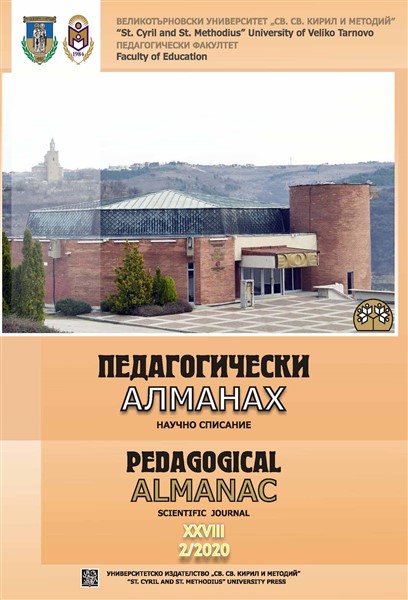Конструктивизъм и бихевиоризъм при обучението на деца с интелектуална недостатъчност
Constructivism and Behaviorism in Teaching Children with Intellectua Disabilities
Author(s): Katerina Zlatkova-DonchevaSubject(s): Social Sciences, Education, School education, Educational Psychology, Inclusive Education / Inclusion
Published by: Великотърновски университет „Св. св. Кирил и Методий”
Keywords: intellectual disability; constructivism; behaviorism; teaching approaches; education
Summary/Abstract: Current study examines the constructivism and behaviorism concepts applicable in the education of children with intellectual disabilities. The paper is focused on the possibilities of both approaches in overcoming some of the challenges in teaching children with intellectual disabilities and outlining the different techniques to support the efforts of the educator for the effective education and development of researched group of children. The results outline that dividing the content units into smaller parts, connecting the information to the real life situation, using models and illustrations, moving from the known to the unknown, and encouraging active participation of students are most effective approaches in education children with intellectual disabilities. Constructivist and behaviorist concepts of learning and teaching do not differ methodologically and substantively in the education of children with intellectual disabilities to their peers and differences are related only to duration of individual approaches.
Journal: Педагогически алманах
- Issue Year: 28/2020
- Issue No: 2
- Page Range: 245-253
- Page Count: 9
- Language: Bulgarian

